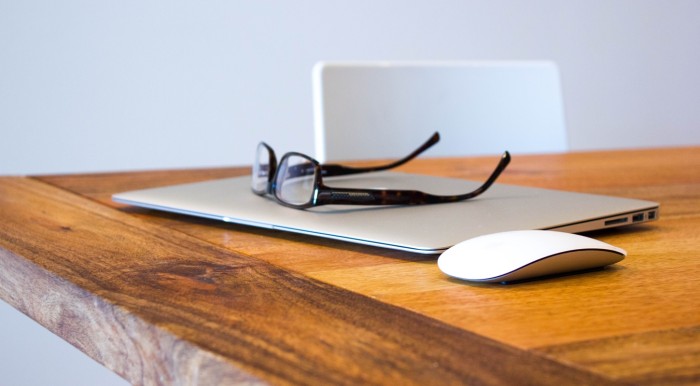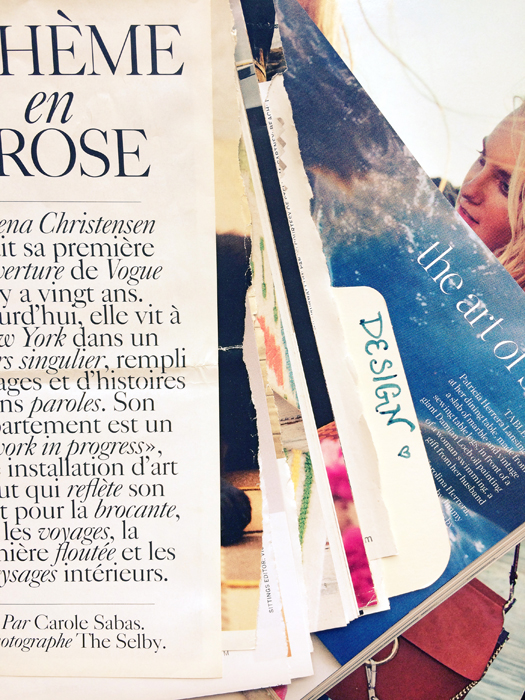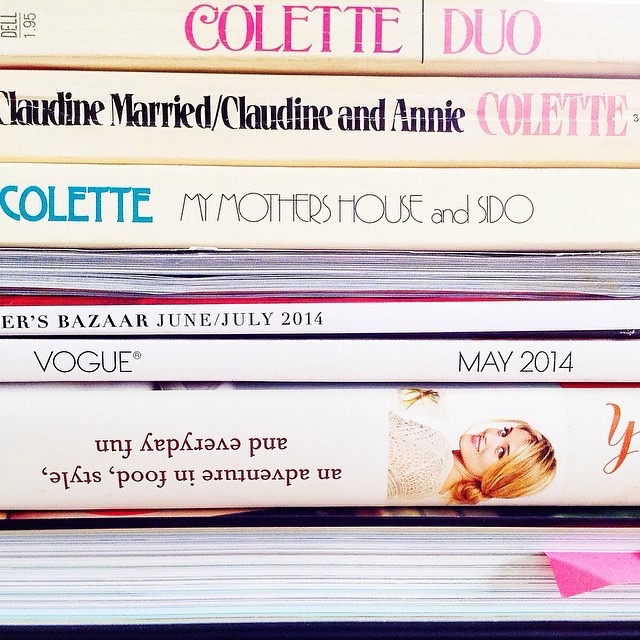For me, a peaceful home is one with minimal clutter. During the workweek, it’s natural for a few things to pile up here and there—at least at our place!—and the “lived-in” look can actually be pretty nice and cozy. For my neat-freak’s sanity, however, it’s important for me to stay on top of the flotsam and jetsam so “lived in” doesn’t turn into “buried in.”
The following are a few ways that I stay organized at home, particularly with dreaded paper clutter. These tips aren’t about total purging (just in case you’re not a minimalist). Some decluttering is important, however–and not just from a decor standpoint! As you can imagine, clutter may have ill effects on your mental health and quality of life. We don’t want that!
1. Get your most important documents in order. This one is pretty obvious and perhaps a tip that you’ve already got down (go, you!), but it bears mentioning. Documents concerning your medical history, car payments, taxes, college transcripts, and the like should be filed in separate folders and placed somewhere discreet (like in a filing cabinet or desk drawer) where you’ll always know where they are.
Lifestyle guru Emily Schuman recommends using subsections within your important folders. For example, in your financial section, you may want to include sub-folders for banking, bills, investing, etc., and perhaps even create sections within those folders to divide documents according to year.
Try these adorable ban.do file folders.
2. Tackle that stack of magazines. I am a dedicated magazine junkie, and I do hang on to some of my favorites and arrange them in decorative stacks. But the months go by, and they keep coming! Every few months, I’ll go through a stack and tear out the articles or images that inspire me, and I’ll recycle the rest. I had a minor light bulb moment when I realized that I could create special folders for various topics I come across in periodicals (which certainly come in handy when I’m writing articles for PD!). In other words, those manila folders can be fun, too!
Sorting through magazines and filing away inspirational articles has become a little hobby of mine.
3. Keep a “limbo” or “to-do” folder. When you’re in between filing a document and actually doing something with it (like copying it or filling it out), it may be most convenient to put it in a “limbo” folder that’s easily accessible and keeps the document from getting misplaced.
4. Go paperless. I’m not fully paperless when it comes to my recreational reading, but I’ve made all of my bills and bank notifications paperless. When possible, I also scan important receipts or request that a copy be sent to my email (rather than printed). Finally, if you’re getting bombarded with unwanted catalogs and other promotional mail, don’t hesitate to request to be removed from the offending company’s mailing list.
5. Have a system for processing shred-ables. My husband taught me this one. We often receive invitations to apply for credit cards that we have no interest in. These don’t go directly in the recycling bin, however. Many of them contain partially filled-out applications including our names or addresses. To avoid the slight risk of being victims of identity theft via these bothersome applications, we shred them. We keep a separate box for things we plan to shred by our recycling bin, so we’ve got all of our shred-ables in one place. Every six months or so, I’ll shred the whole lot at once.
6. Be generous with your books. By this, I mean welcome opportunities to donate or give away old books. Of course, there are those books that I simply can’t part with, but living in a small apartment has taught me to give away novels that I’ve read and probably don’t plan to return to. It’s literally a weight off—especially when it comes time to move apartments.
Share old books with friends to avoid a bookshelf overload.
7. Keep a special place for cards and letters. I’ve kept dozens of cards and letters from my loved ones. I have a special folder (naturally) for keeping track of these. If the paper-ness of them isn’t important to you, feel free to scan these and recycle the original copies. Just be sure to backup your files on a thumb drive or external hard drive.
What are your favorite tips for staying organized at home?
Also see: 5 Easy Habits for Better Organized Home
5 Ways to Remove Clutter and Feel Empowered
8 Ways to Refresh the Energy in Your Home
Get more like this—Subscribe to our daily inspirational newsletter for exclusive content!
Photos: Unsplash, Ban.do, Mary Hood Luttrell




